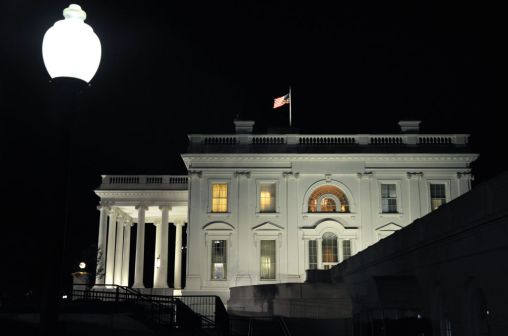One method agencies have been using to find innovative solutions is by taking their biggest challenges to the public. Several agencies have had major success by offering prizes to the public for the best solutions to pressing problems.
However, many of these challenges are not successful because of the critical elements they fail to address when introducing the challenge, according to Challenge.gov Program Manager Tammi Marcoullier.
Marcoullier and her team studied successful ideation competitions, and consorted with the challenge, prize and ideation community and White House Office of Science and Technology Policy, to understand what makes a challenge and prize initiative successful, according to a post of the DigitalGov blog.
They found that competitions should have:
- A clear problem statement and question
- An incentive prize
- Clarity around intellectual property rights
- Criteria for judging entries
- A plan for development and implementation
An important part that makes challenges successful is the ability to submit solutions privately, according to Marcoullier. It’s crucial to create an environment where individuals’ IP is protected and they have a safe space to submit.
“Potential contributors may want to protect their ideas so that if not selected winners, they could build out a product at another time,” Marcoullier said.
Agencies identified as having successful and structured ideation competitions include the Federal Trade Commission’s Robocall Challenge; the National Eye Institute’s Audacious Goals in Vision Research and Blindness Rehabilitation; and the Air Force Research Lab’s scientific and invention concept challenges.
Agencies are encouraged to think about their most critical mission opportunities, and explore which types of prizes and incentives will be most effective in rendering optimum results.
“We see opportunities for the broader ideation community of practice to train agencies in crafting and defining around the problem statement and then taking those ideation requests as feeders for prize competitions,” Marcoullier said. “Unfortunately, we’ve seen lack of rigor in how agencies write their problem statements and have noted that one recently went unawarded due to lack of relevant responses.”
Marcoullier is also the strategy lead at the General Services Administration’s Center for Excellence in Digital Government.




